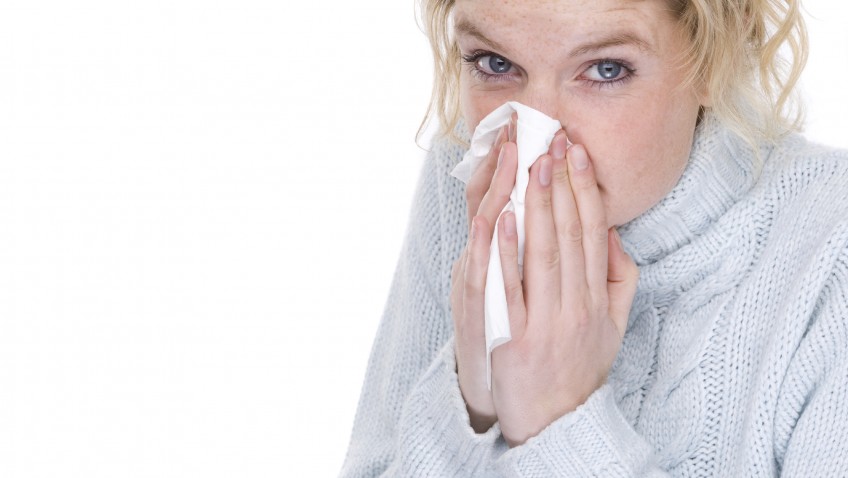With allergy awareness week just finished at the end of April, new statistics show a rise in the number people with allergies and we tend think of young children as the most at risk. However, there are a growing number of people who find that after a completely allergy free life they suddenly, in their late 70s, 80s or even 90s, develop allergies, eczema, psoriasis or asthma.
There could be a number of reasons why this is happening. The slowing down of life, less movement and exercise, giving up work, perhaps losing your life partner which will cause stress and anxiety, or maybe with age the body just loses some function or ability to recognise foods.
Whatever it is it can be a bit of a shock when suddenly you can’t eat your favourite sandwich, can no longer rely on an egg for a quick easy meal, or cannot easily order meals-on-wheels because they all contain something that makes you ill.
Often doctors don’t take this seriously. Children are referred to an allergy specialist, but are older people just left to get on with it because they come from a generation of people who don’t complain?
Common types of allergies that develop in later life are often skin related and it is quite common for a reaction to washing powder, soap or fabric conditioners to occur. Even if you have been using the same brand for years you may have to consider testing other brands that do not cause a rash or itching.
People of this generation may also be the first to say, “They didn’t have allergies in my day!” despite the fact that there certainly have been incidences of allergies going back hundreds of years. They were still rare and certainly on the rise and sadly still very little understood.
Food allergy
Food allergies can also start out of the blue and are very difficult to diagnose, and an appointment with an immunologist can take months to arrange.
Most studies that report an increasing incidence of food allergies focus mainly on children and young adults. Immunosenescence, or dramatic age-related changes to the immune system, may contribute to the development of allergies in geriatric patients, as many deficiencies in micronutrients such as zinc, iron and vitamin D.
The researchers also suggest the impact of atrophic gastritis, or anti-ulcer medication, on the digestive ability of the stomach as a further risk factor for developing food allergies later in life. They say in these settings, undigested proteins may persist and become allergenic.
Stress factors
Typically, allergies start in childhood, when the immature immune system is more likely to over-react, but often these improve in time. So why are adults now being affected for the first time?
‘No one truly understands what prompts allergies in later life,’ says Isobel Skypala, a specialist allergy dietician at London’s Royal Brompton Hospital.
‘It may be that stress is partly to blame, as this can send the immune system into overdrive. Hormonal fluctuations also have an effect on the severity of allergies, and food allergies do seem to be more common in women than men.
‘In the case of food allergies, it may be partly due to the wide range of foods available these days. But we are also seeing more severe reactions in adults to plant foods that have long been part of the UK diet, such as lettuce,’ she says.
Adults who already have an allergy are also increasingly developing further allergies (‘multiple allergies’). Another possible cause for this late onset of allergy is our modern lifestyles.
‘Our immune system doesn’t just need stimulation in early life, it needs stimulation all the time to stop it over-reacting,’ says Professor Graham Rook, a microbiologist from University College Hospital, London. ‘However, with our current lifestyles, our immune systems are not being challenged enough.
Hay Fever
Many adults even in their 60s are developing hay-fever.
According to Allergy UK, this might be because pollen is being released earlier in the year, adding to the overall amount of pollen in the atmosphere. Another theory is that diesel fumes are mixing with pollen to make it more allergenic.
Sadly, for adults who do develop an allergy, getting help can be hard due to a scarcity of allergy specialists.
Yet treatments including desensitisation – administering tiny amounts of the allergen which stops the immune system overreacting to it – can, in some cases, cure the allergy altogether.
‘Even just getting a proper diagnosis, so you can take steps to avoid what you are allergic to, can make a big difference to your life,’ says Dr Pam Ewan, consultant allergist at Addenbrooke’s Hospital, Cambridge.
‘We have found that by giving better management for allergies at our allergy clinic, we can reduce the number of allergic reactions by ten per cent,’ she says.
by Patricia Vine





